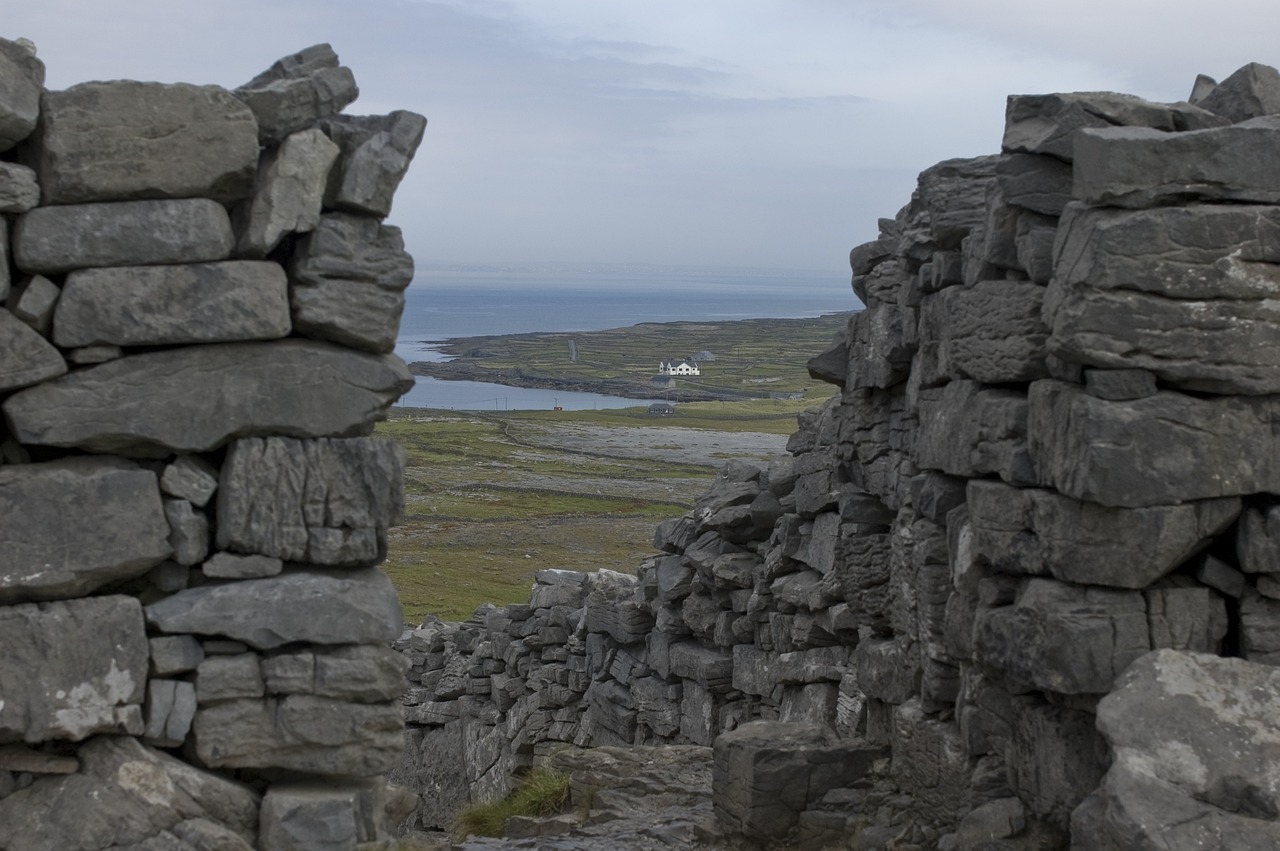Aengus, known as one of the eminent figures of the Tuatha Dé Danann, symbolizes a magical lineage that arrived in ancient Ireland, bringing forth a rich tapestry of culture and mythology.
Over time, members of this celestial race gained reverence, evolving into deities; it’s important to note that their perception of divinity greatly diverged from contemporary interpretations.
The name Aengus, which can also appear as Aongus, Óengus, or Angus, translates to ‘chosen one,’ stemming from the roots aon meaning ‘one’ and gus meaning ‘choice,’ culminating in the literal interpretation of ‘one-choice,’ signifying his status as ‘the chosen one.’
Additionally, the term óg within his name signifies youthfulness, reminiscent of Tír na nÓg, the enchanted realm known as the ‘land of the ever-young.’
Aengus, born on the same day he was conceived, was a son of the Dagda, the father figure among the Tuatha Dé Danann, thanks to extraordinary spells from the Dagda himself. He represents the quintessential youth, embodying perpetual vibrancy and renewal.
Equipped with a magical harp that captivated all who listened, Aengus was often associated with four mystical birds circling his head, symbolizing his kisses. These birds were believed to convey messages of affection, enhancing his enchanting music that resonated with the hearts of the young.
The Legendary Romance of Diarmuid and Grainne
Aengus is closely linked with the poignant tale of Diarmuid and Grainne, emblematic of one of Ireland’s most celebrated love stories. Set against the backdrop of the Fenian Cycle of Irish mythology, the narrative follows Grainne, daughter of High King Cormac MacAirt, whose extraordinary beauty captivated the realm.
Many noble suitors sought her hand, but it was Fionn MacCool, the venerable chief of the Fianna warriors, who ultimately wished to marry her. However, Fionn, advanced in years, wished to make Grainne his second wife. Charmingly, she accepted, and a grand feast was organized to commemorate the upcoming nuptials.
Amid the festivities, fate intervened when Grainne and Diarmuid, a handsome warrior and Fionn’s loyal soldier, first crossed paths. Enchanted by Diarmuid’s youth and valor, Grainne realized her true love lay not with Fionn but with him.
Driven by her yearning, she crafted a magical potion, lulling everyone else into a deep sleep. Confessing her feelings to Diarmuid, she found him resistant to betray Fionn. Nevertheless, through her enchanting spell, Diarmuid fell under her love’s sway.
That night, the couple slipped away into the darkness, embarking on a journey as fugitives while being pursued by Fionn and his warriors. Thanks to the love god Aengus Óg, they adeptly navigated Ireland’s hidden pathways, evading their pursuers as they sought solace in nature’s embrace.
Aengus provided them with a sword and navigational wisdom, fostering their spirit of freedom, even as they lived on the run. Eventually, as Grainne became pregnant, the couple faced escalating tensions as Fionn’s men relentlessly hunted them down.
A tragic fate awaited when they encountered a boar, an omen foretelling danger. In a desperate attempt to protect Grainne and their unborn child, Diarmuid fought valiantly, fatally wounding the boar but sustaining a mortal injury himself in the process.
In a heart-wrenching moment, Grainne held Diarmuid, bloodied and dying, pleading with Fionn to assist him. Although prompted by Diarmuid’s companions, Fionn’s stubbornness initially hindered his actions. It wasn’t until his son Oisin challenged him that Fionn finally agreed to help, but by then, it was tragically too late.
Aengus’s Own Tale of Heartbreak
Not untouched by the anguish of love, Aengus himself is featured in another poignant tale known as Aisling Óengus, or the Dream of Aengus. This story illustrates his experience of an unfulfilled desire for a woman who appeared in his dreams nightly.
Struck by her beauty yet hindered by the separation of dreams, Aengus’s health began to decline, reflecting the torment in his heart. In desperation, he turned to his parents, the Dagda and Bionn, seeking aid to find the maiden of his visions.
With the Dagda’s intervention, Bov the Red, another powerful figure, searched for this elusive woman across Ireland. After a year, Bov finally located her near the Lake of the Dragon’s Mouth, leading Aengus to a gathering of one hundred fifty maidens, among whom he discerned his beloved.
Named Caer, she was the daughter of a powerful being named Ethel, who forbade Aengus from claiming her. Despite concerted efforts involving Ailill and Meadbh, appeals to Ethel remained fruitless.
As fate would have it, Aengus discovered Caer’s unique condition: she transformed into a swan each November 1st. On that fateful day, he ventured to the lake, calling to her and professing his love.
In a twist of destiny, Aengus was transformed into a swan, enabling the lovers to unite for the first time, flying together toward Aengus’s palace at Brú na Boyne, accompanied by ethereal fairy music that entranced all who heard it.
These narratives capture Aengus’s essence as a youthful god of love, his enchanting, sometimes tumultuous experiences reflecting the intense emotions that characterize young love and its eternal complexities.



